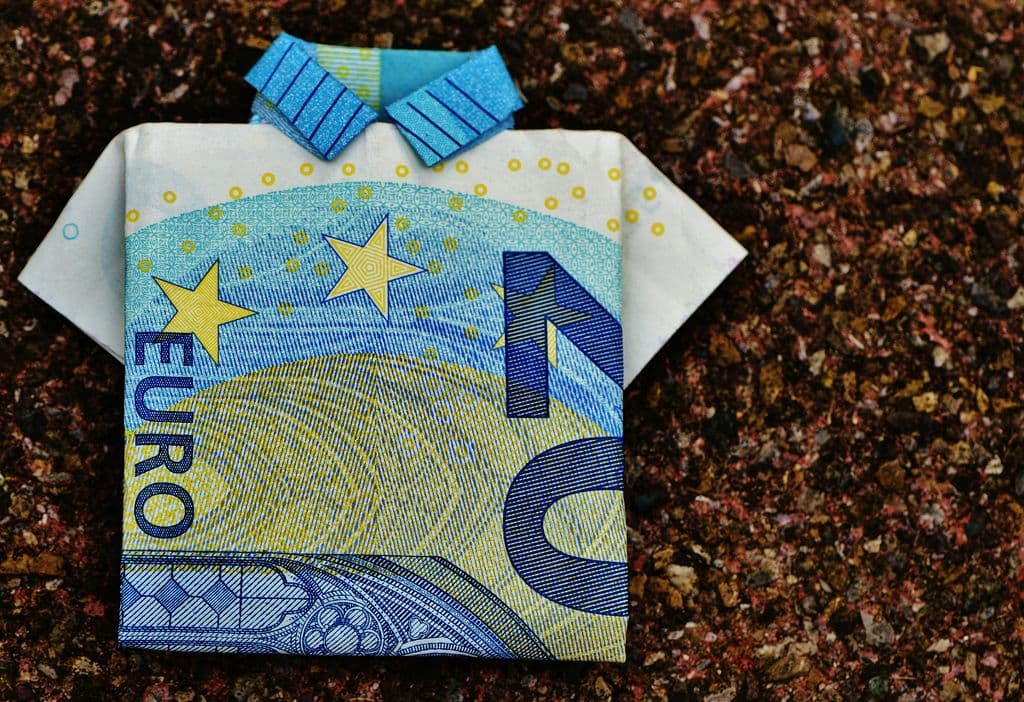Imagine this: your top employees leave overnight. Not because they’ve received a tempting job offer, but because something’s missing at your company: appreciation. Sounds strange? It actually happens quite often. The workplace of the future demands more than just a good salary, because employees' expectations have become more complex and diverse in recent years. What employees are looking for today, above all, is the feeling of being valued and heard, in an environment where they can grow both personally and professionally. In short: individual recognition.
According to a survey from 2021, besides salary, a positive work atmosphere with appreciation and a balanced work-life balance are especially important to employees. Surveys from 2023 show similar findings: 92% of millennials say recognition from managers for their achievements is "important" or "very important." Employers who focus on the emotional well-being of their employees see a 21% increase in high performers.
79% of employees who have quit their jobs said they left because they felt a lack of appreciation at the workplace.
Salary, the company’s reputation, and financial stability are all important, but today there are more aspects employees care about, such as self-development, growth opportunities, flexibility, a positive work environment, work-life balance, health and wellness offerings, and communication. The list is long, but it can be summed up in one word: appreciation. What really matters is the ability to address employees' needs and desires and make them feel valued, seen, and heard as individuals. A popular method that particularly thrives in English-speaking countries and addresses this is "Micro-Rewarding."
So, what exactly is Micro-Rewarding?
Micro-rewards are small, targeted recognitions you can give your employees on a regular basis. These small "rewards" are given when employees achieve specific goals. They don’t need to be expensive or elaborate, but they should be personal and tailored to each individual employee. Let me explain micro-rewarding with an example: Let's take two employees, Anna and Jan. They both work at the same company and are in the same team. While Anna enjoys yoga, Jan is an avid gamer who regularly hosts game nights with friends. Both work productively, are engaged, and do an excellent job overall. Instead of giving them a one-time large reward at the end of a project, like a 50-euro gift voucher, micro-rewarding focuses on thanking employees regularly with small gestures, like a voucher for a café in the city center.
While the larger gift at the end of the project is a nice gesture, it doesn’t have the long-lasting effect that small, regular gifts do. By continually offering micro-rewards, employees receive ongoing small rewards and remain motivated in the long term. You can easily imagine the impact this has on each employee's productivity. It not only boosts overall productivity but also creates a positive work atmosphere that can enhance the company’s reputation and employer branding. Now imagine that the gifts aren't always the same generic café vouchers given to every employee but are personalized from the start, tailored to the employees' interests and preferences.
While Anna and Jan might appreciate the café voucher, if they had a choice… What do you think Anna and Jan would prefer as gifts? Anna would likely choose a membership to a yoga studio, and Jan might opt for tickets to a gaming event with his friends. Micro-rewards enhance employees' willingness to perform, motivation, and satisfaction. But most importantly, they foster an atmosphere of appreciation, where individual interests are acknowledged.
Our Conclusion
So, what can you do now to establish a culture of appreciation at your company? First and foremost, you should be a good listener. Through regular conversations, you can understand your employees' needs and recognize which rewards resonate best with each individual. Then, begin offering your employees continuous rewards to build a culture of appreciation. Start with small gifts and talk to your employees to understand what they desire and what brings them joy. This way, employees can decide for themselves which benefits they prefer, making them more satisfied and reinforcing the feeling of being valued. Now you know exactly how to build a positive work culture using micro-rewards, where employees work motivated and productively. If you want more information on rewards and benefits tailored to employees’ needs and interests, let’s schedule a quick meeting to develop a customized solution for your company.



